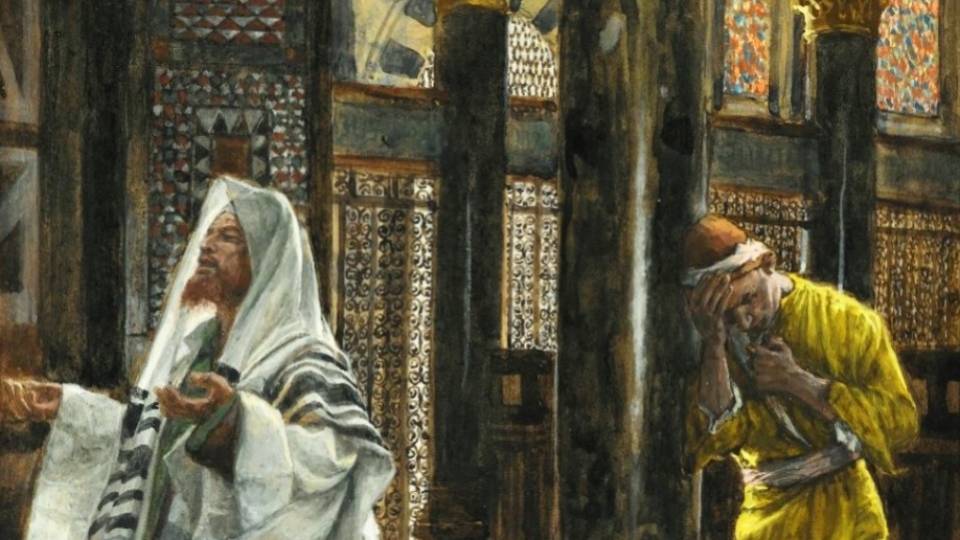"Be as sensible of your deformity and unworthiness as you can, and walk humbly under the sense of it. But let it not slacken your pace nor abate your hope. if anything may render you worthy, that is, a suitable object of mercy, it is your coming boldly to the throne of grace with all your unworthiness about you. It is a disgustful [sic] modesty to be shy in accepting from those above us. it looks as if we would not be thought to need their kindness, or else as if we thought they needed our requital, or, at least, as if we were unwilling to be obliged by them. Much more unbecoming it is to be backward in accepting the grace from so great a person as our Lord and Redeemer." -Elisha Coles, "A Practical Discourse of God's Sovereignty"
There are some men who feel such shame of their past sins that they believe that they are beyond the help of Jesus's blood. Coles addresses such people in the quote above. It is exactly because of our unworthiness that He came and extends His mercy to the elect sinner.
This Puritan writer makes the same point in everyday language what Jesus taught in the Parable of the Pharisee and the Tax Collector (Luke 18:9-14): "He also told this parable to some who trusted in themselves that they were righteous and treated others with contempt: 'Two men went up into the temple to pray, one a Pharisee and the other a tax collector. The Pharisee, standing by himself, prayed thus: God, I thank you that I am not like other men, extortioners, unjust, adulterers, or even like this tax collector. I fast twice a week; I give tithes of all I get. But the tax collector, standing far off, would not even lift up his eyes to Heaven, but beat his breast, saying, God, be merciful to me, a sinner! I tell you, this man went down to his house justified, rather than the other. For everyone who exalts himself will be humbled, but the one who humbles himself will be exalted." Just like the hypothetical sinner in Coles' account, it is the one who knows his inherent unworthiness that can truly turn to Jesus alone for redemption. Anyone who imagines an inherent worthiness in himself, as does the Pharisee, disqualifies himself.
As Jesus also says (Luke 5:31-32), "Those who are well have no need of a physician, but those who are sick. I have not come to call the righteous but sinners to repentance."
We also have the testimony of the Apostle Paul (Romans 5:8): "God shows His love for us in that, while we were yet sinners, Christ died for us."
The amazing thing about the biblical Gospel is that it is the opposite of what the world expects. While the world looks to the upright and virtuous as those who are worthy of Heaven, and to the wicked as those who are unworthy, that religion is backwards. It is for the sinner, the one who knows himself to be helpless, hopeless, and doomed, that Jesus gave Himself on the cross. For the one who falsely imagines that he has any worthiness within himself, Jesus disdains to extend a hope of salvation.



No comments:
Post a Comment